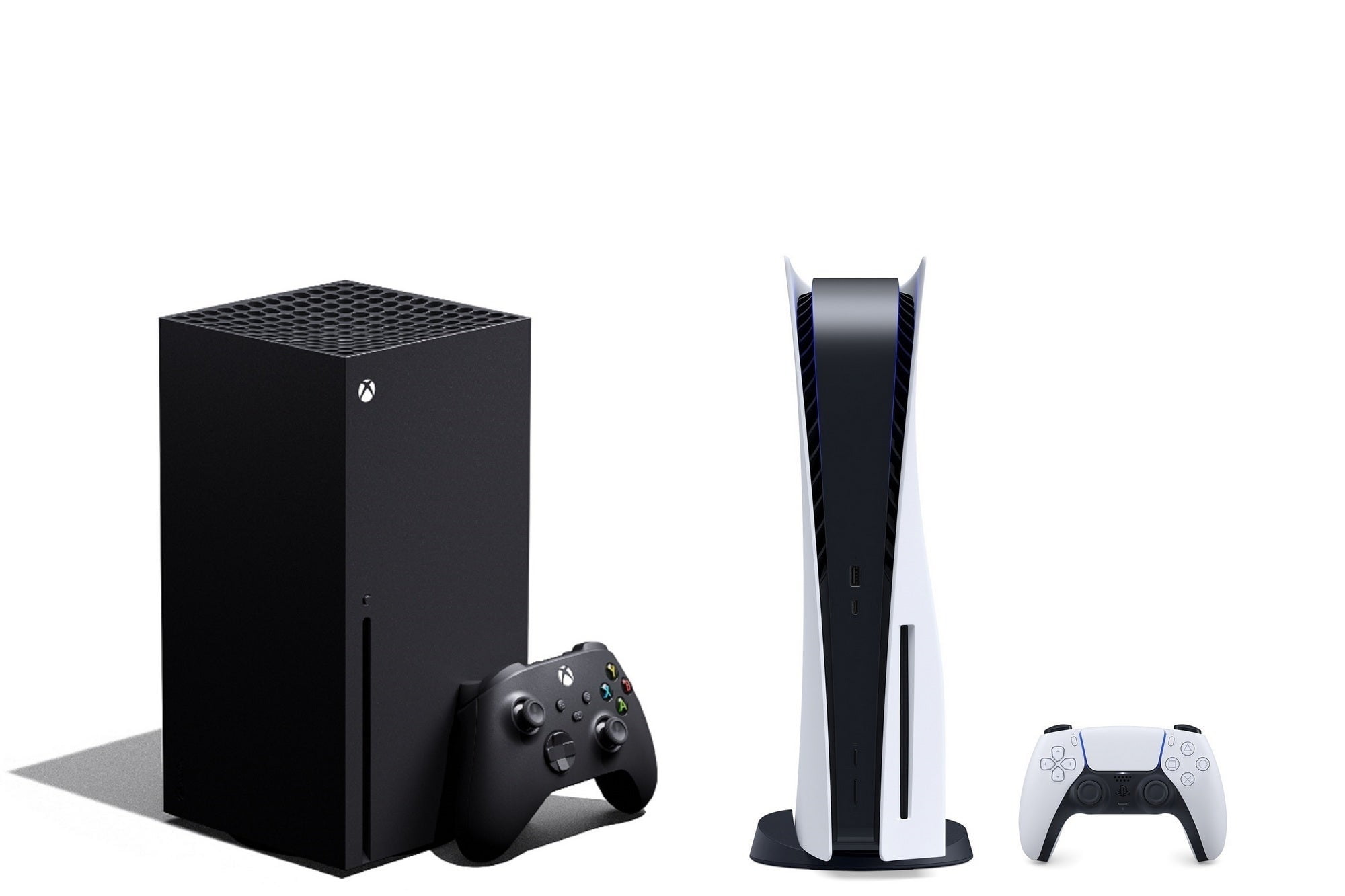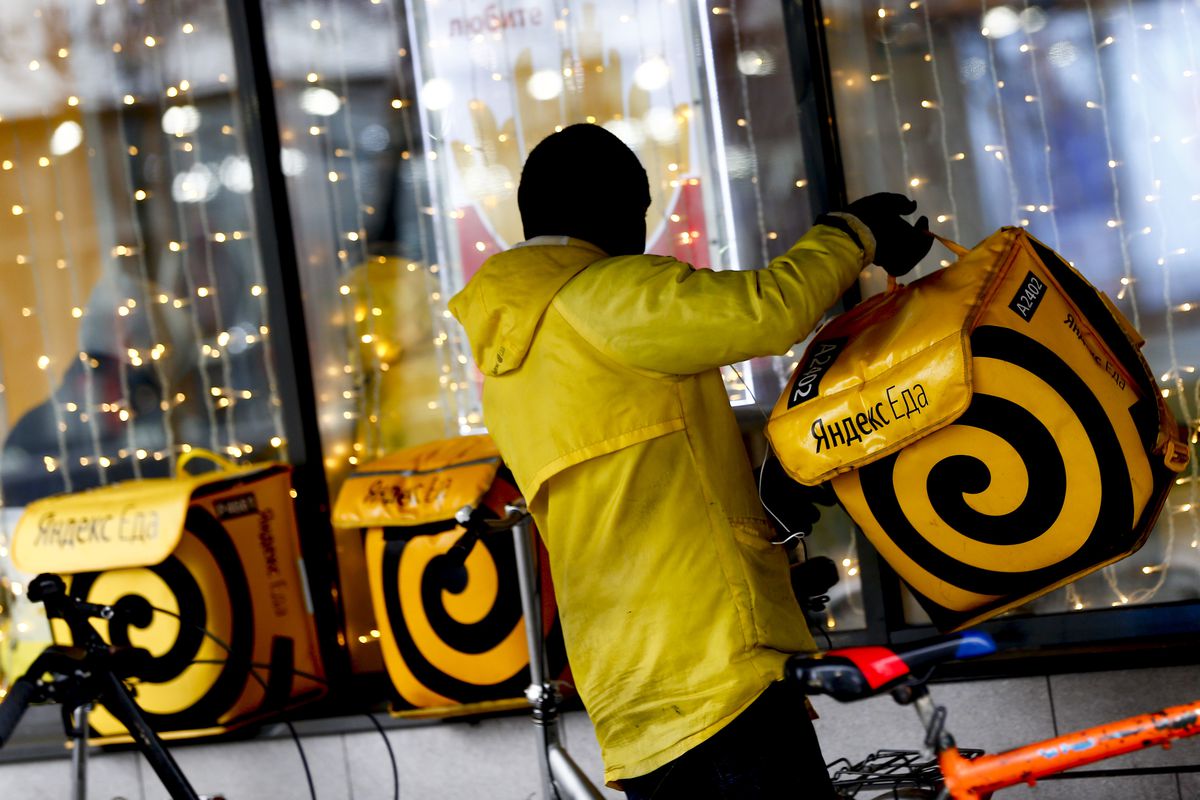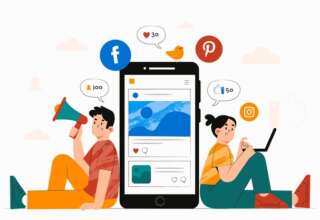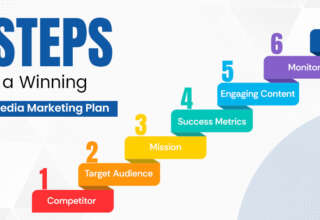![]()
Social media have profoundly changed our lives and society, sometimes for the better though not always. The latest evidence for the wisdom of taking Facebook in moderation comes from a pair of professors whose research suggests that social platforms influence students’ views of themselves, and not necessarily for the good.
Digital networks such as Facebook, Instagram, Twitter and the like affect their users in countless ways — socially, professionally, politically, personally. Some categories, such as the use of platforms by cyber-bullies or Russian misinformation agents, warrant serious focus and discussion.
Others, such as how Facebook and Twitter color our psyche, are perhaps less pressing. Still, we would be remiss if we didn’t look up from our little screens every once in a while to talk about the impact of something that hundreds of millions of people use so frequently and casually.
Giving pause most recently are the findings of Ashley Whillans, assistant professor of business administration at Harvard Business School, and Frances Chen, assistant professor at the University of British Columbia. Their study of college freshmen in Vancouver didn’t involve social media directly. But they found far more first-years than not believe their peers are socially more connected than they are, and believe their friends are spending more time socializing than they do.
The professors also reported an inverse relationship between those perceptions and personal feelings of happiness and loneliness. Students who perceive their friends to be social butterflies are less likely to be happy and more likely to be lonely. They reported their research in the Personality and Social Psychology Bulletin, and described it in a recent article for the current affairs website The Conversation.
The professors suggest a few reasons for their findings, starting with human nature. We tend to compare ourselves to others.
Now that measuring up is influenced by social media, such as Facebook, whose users are forever projecting idealized versions of themselves into the digital world. That means comparing yourself to your friends is both an inexact exercise and, depending upon how often you check Facebook, one that you perform many, many times during the day.
Whillans and Chen are far from the only people giving serious thought to how these tools affect our lives. Other research has shown our tendency to “friend” and “like” posts and people who think as we do. More recently, our country still hasn’t settled the question of how much social networks were used to propagate misinformation during last year’s elections.
To be sure, these platforms can be fertile ground for destructive behaviors. For instance, parents in Salem, New Hampshire, concerned about incidents of bullying at the local high school, noted recently how social platforms were used to spread videos of students fighting in the hallways.
Concerns about teen use of these tools have prompted policies and regulations. Teachers and school administrators are increasingly hip to social media’s pitfalls — many have put together curricula about responsible use of social media, to go along with policies about the use of cell phones and digital devices at school.
Parents are increasingly told to be aware of their children’s online activities as well.
As for the rest of us, let’s appreciate the myriad ways that social media platforms improve our world — allowing us to reach through the years to reconnect with old friends, seek and give help to others, or search for and find jobs.
All the while, let’s beware the dangers of too much exposure and of the unseen effects of spending more time with a virtual network of friends and less time with the real ones.
[“Source-salemnews”]







